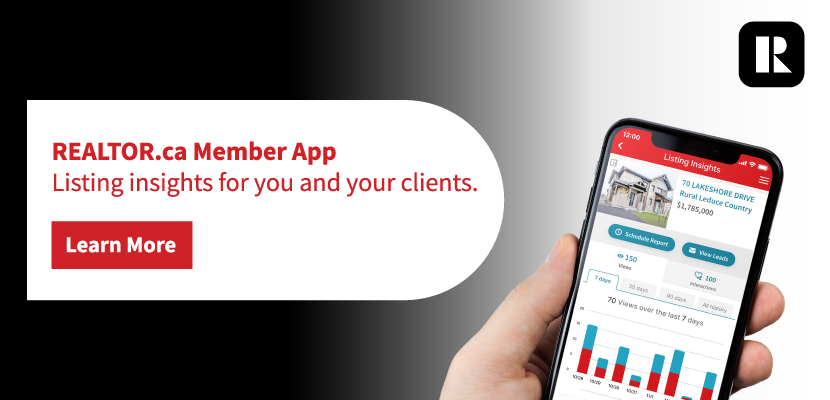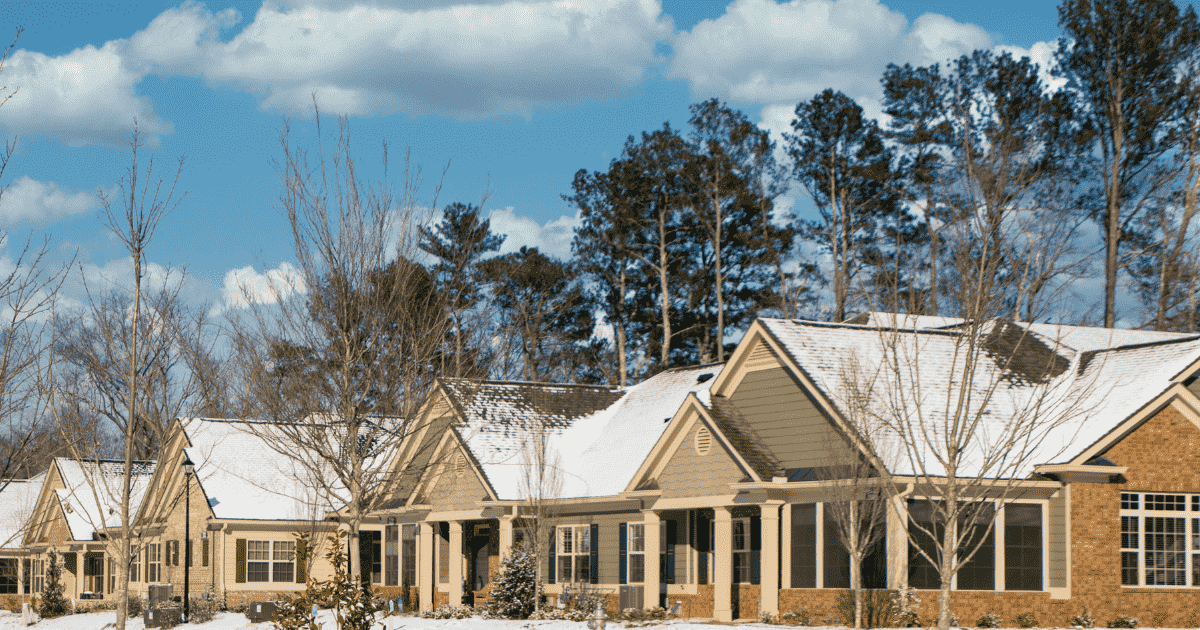When booking a home inspection, homeowners and potential homebuyers are typically focused on three main questions: 1) How much will it cost? 2) How long will it take? and 3) What will the inspector be checking?
While it’s important to know what to expect, it’s even more beneficial for your clients to ask the right questions during and after the inspection to ensure they receive the most up-to-date information about the property they’re buying or selling.
If they follow along with the inspector, they’ll be able to view firsthand what he/she is seeing. There’s no better way to understand the state of a home than walking through it with a qualified home inspector, whenever possible. This will also provide a greater understanding of what’s serious, what needs immediate attention and what’s worth mentioning but only requires a watchful eye in future (these details will also be included in the report).
At the same time, a home inspection also paints a clear picture of what’s working well in a home – it’s not all about problems. Professional home inspectors help educate potential buyers on everything to do with the property that’s being inspected. In fact, their comprehensive report becomes the property’s operations manual, which details deficiencies, safety concerns, system shut-off locations as well as maintenance suggestions.
Questions for your clients to ask after the inspection
1. Can you please clarify? I want to make sure I understand.
Unless you’re a home inspector, chances are there will be some parts of the inspection report that aren’t straightforward and there are concerns something will get lost in translation. The report could take up to a day to arrive and the inspector may explain things differently than he/she did in person. When reviewing the report, jot down any questions that come to mind and reach out to the inspector for clarification.
2. How big of a problem does this issue pose?
Home inspection reports contain detailed information and can be quite lengthy. If it’s difficult to decipher how serious an issue is, just ask. Keep in mind that the inspector is not qualified to recommend whether the seller should be responsible for fixing something. He/she can only advise if a problem is severe enough to make a buyer pause before purchasing the property.
3. Do I need a specialist to look at this issue?
A home inspector is a generalist. He/she knows how to spot issues and potential problems but is unlikely to be trained in all areas of home repair. The inspector should, however, be able to determine if an expert should be called in to examine any given issue.
4. Is this problem typical?
The inspector will be able to relay whether a problem he/she encounters with the home is something of concern or if it’s a common issue.
5. What issues should I address first once I’ve moved in?
Some home repairs will take priority over others, even if they can wait to be addressed until after moving into the new property. The inspector will be able to prioritize the repairs that should be completed first.
Remember that it’s always better for your clients to ask the home inspector multiple questions than try to figure out what he/she means when going through a property or reviewing the report. After all, it’s the inspector’s job to ensure the homeowner or potential homebuyer knows how best to interpret the detailed information that’s being assessed and passed along.
Martin Fiesel is a regional owner and member of the National Leadership Team at A Buyer’s Choice Home Inspections (ABCHI). With more than 30 years of experience helping organizations grow their operations, Martin brings a unique support system to ABCHI franchisees that helps take their inspection businesses to the next level. Email.














